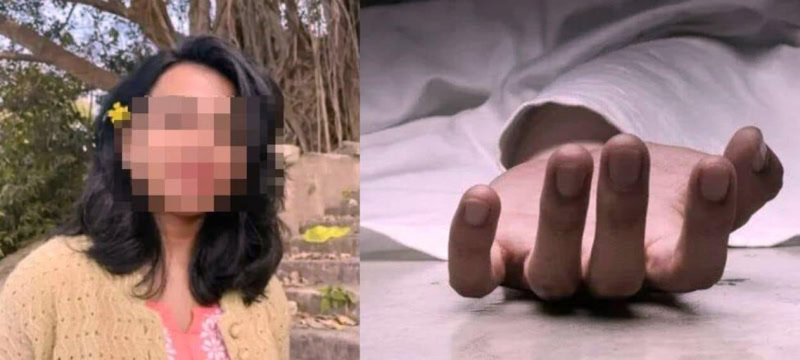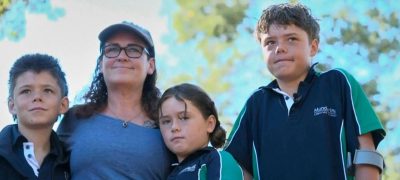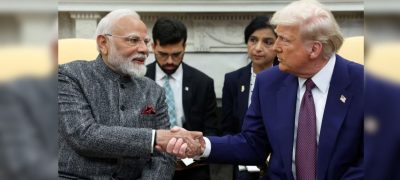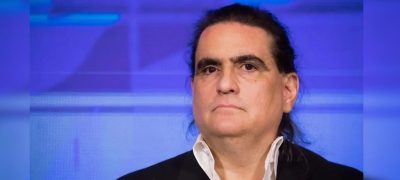The Brutal Rape and Murder of Dr. Moumita Debnath, a second-year postgraduate trainee at RG Kar Medical College in Kolkata, has profoundly affected the medical community. On August 9, 2024, just before India’s Independence Day celebrations, Dr. Debnath was reported missing after going to a seminar hall to rest following a long shift.
Later that day, her body was discovered in a semi-nude state with severe injuries, indicating a violent assault. An autopsy confirmed that she had been raped and strangled, with extensive injuries to her genital tract, face, and other parts of her body, reflecting a brutal struggle before her death.
Read more: Indian Doctors Call for a Nationwide Shutdown Following the Brutal Rape of a Fellow Medic
The immediate reaction from the medical community and the public was one of horror and disbelief. The tragedy has highlighted the vulnerabilities faced by medical professionals, especially women, and has sparked widespread outrage across India and beyond.
This incident has led to mass protests and demands for systemic changes to ensure the safety of doctors in the workplace. The call for justice for Dr. Debnath has mobilized the medical fraternity and the public, emphasizing the need for enhanced security and protective measures for medical staff.
Medical Outrage
Protests have erupted across India in response to the brutal rape and murder of Dr. Moumita Debnath, with demonstrations taking place not only in Kolkata but also in various other cities. Doctors, medical students, and healthcare workers have organized candlelight vigils and marches to honor Dr. Debnath and to call for stricter security measures in hospitals.
The incident has garnered international attention, with global medical associations and human rights organizations expressing solidarity and condemning the attack, urging immediate action to ensure the safety of healthcare professionals.
The investigation into Dr. Debnath’s murder has led to the arrest of Sanjay Roy, a civic volunteer with the Kolkata Police disaster management force. Roy, who had a history of domestic abuse and was known to frequent the hospital, was apprehended after his Bluetooth headset was found at the crime scene.
Despite his arrest, there have been widespread calls for a more thorough investigation, with many demanding that the Central Bureau of Investigation (CBI) conduct a probe to ensure impartiality and transparency.
The Indian Medical Association (IMA), representing over 350,000 doctors, has called for a nationwide strike on August 17, 2024, starting at 6 am. The strike will involve the suspension of non-emergency health services, including routine outpatient departments and elective surgeries, while emergency services will remain operational. This action is a response to the brutal crime and aims to demand justice for Dr. Debnath and the implementation of measures to protect healthcare workers.
The medical community’s response has been swift and unified, with protests taking place in cities such as Delhi, Mumbai, and Chennai. Healthcare professionals in Kolkata, the focal point of the tragedy, have staged sit-ins and marches, holding signs and chanting slogans calling for justice.
The IMA has outlined several demands, including a thorough investigation with a specific timeframe, the identification and punishment of those involved in vandalizing hospital premises, and significant improvements in the working and living conditions of resident doctors.
The IMA is also advocating for a central law to prevent violence against healthcare professionals, the installation of surveillance systems, and the deployment of security personnel in hospitals to ensure a safe working environment. The strike has disrupted routine medical services but has ensured that emergency and critical care services continue, reflecting the medical community’s dedication to patient care even amidst the protests.
The IMA has called on the public to recognize the severity of the situation and support their cause, emphasizing that the strike is crucial for achieving long-term changes that will benefit both healthcare workers and patients. The tragic incident in Kolkata has also ignited a broader discussion about the safety and working conditions of healthcare professionals in India.
Doctors often endure long hours and high stress, compounded by inadequate security and support. The COVID-19 pandemic has worsened these issues, underscoring the need for systemic reforms to ensure the well-being of those on the healthcare frontlines. The IMA’s calls for improved working conditions and security measures have become more urgent following this recent incident.
In response to the protests, several state governments have voiced their support for the medical community and pledged to address their concerns. The West Bengal government has announced the creation of a special task force to investigate the case and deliver justice for the victim. Other states have committed to enhancing hospital security and improving the working conditions for healthcare professionals.
The nationwide strike and protests have highlighted critical issues facing India’s medical community. The tragic rape and murder of the trainee doctor in Kolkata have catalyzed demands for justice and systemic reforms. As the strike continues, it will be crucial to see how authorities address the medical community’s demands and what measures are implemented to ensure the safety and welfare of healthcare professionals across the country.









